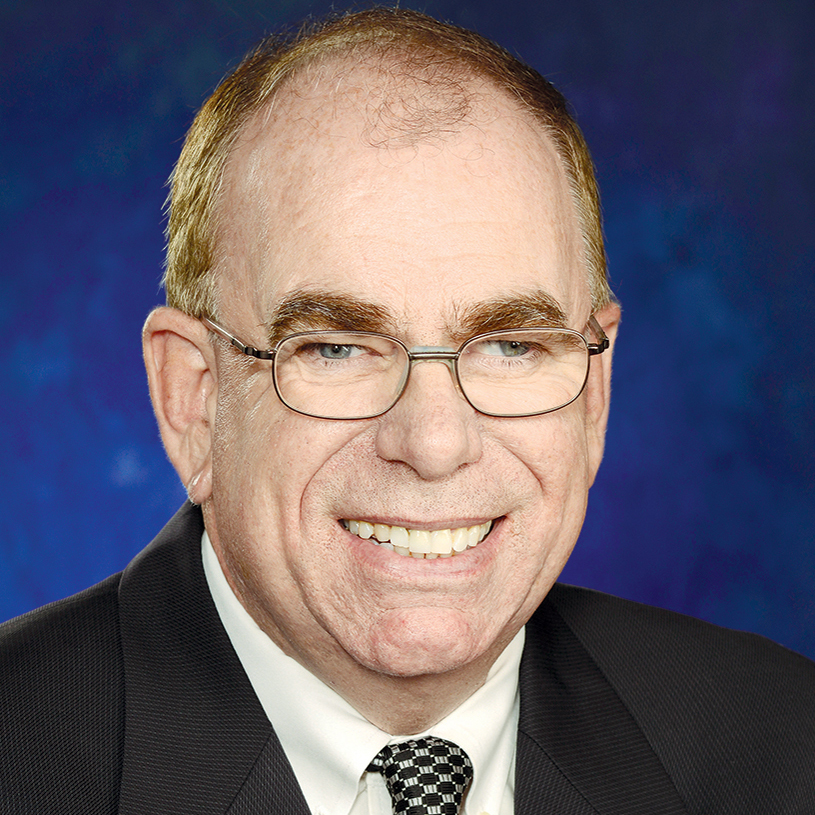
“Your reputation isn’t that great.”
CNN Anchor Cooper Anderson delivered the stinging rebuke in a recent interview with MyPillow Founder Mike Lindell. It came after Lindell insisted he would stake his reputation on an unproven coronavirus cure.
Cooper’s assessment just as easily might have been directed at senior living operators. Sadly, the field’s reputation these days often is less than stellar.
To be fair, it’s not all your fault. COVID-19 has done a real number on this sector. So far, the virus has been blamed for the deaths of more than 150,000 people nationwide – including thousands of senior living residents. Nor does it help that the pandemic has been driving up operational costs while lowering revenues. Small wonder so many real estate investment trusts are reporting their tenants were late and short with the rent in the second quarter. A blip in the radar? Perhaps. But not a blip that is likely to disappear any time soon.
Worse still, we are seeing signs that closings and bankruptcies soon may spike.
These developments hardly help the proposition that congregate living is a great choice for the oldest among us. So yes, COVID-19 has been a real killjoy.
But if we are going to be clear-eyed, the pandemic hardly started the trouble. The reality is that many senior living communities have been skating on thin fiscal ice for many months, even years.
As those who counsel the distressed for a living often remind us, the first step to fixing a problem is admitting it exists. And whether or not operators want to hear it, senior living has a bit of a reputational problem. To be sure, it’s a challenge made worse by recent developments. But to deny its existence is to really test the limits of wishful thinking.
Can this challenge be fixed? Well, here the news is both good and bad.
First the good: To be sure, things can be done and in fact are being done. Designing activities to reduce isolation, establishing safe social distancing protocols, eliminating buffet-style dining, adding personal protective equipment and disinfectants and re-arranging the furniture to create safer living zones all are helpful. And it sure would be nice if an inoculation or cure for COVID-19 came along.
Here’s the bad: Some serious damage has been done. Many of the residents who left (or were moved out by their loved ones) are not coming back. They think it’s just too risky. Moreover, the sector may have to do more than what amounts to cosmetic adjustments to ensure full buildings. In fact, the whole notion of congregate senior living may need to be reinvented. Yes, completely reinvented. I know: gasp!
To be sure, some operators will cling to the handy notion that time will heal these wounds. And perhaps time will. But what if it doesn’t?

